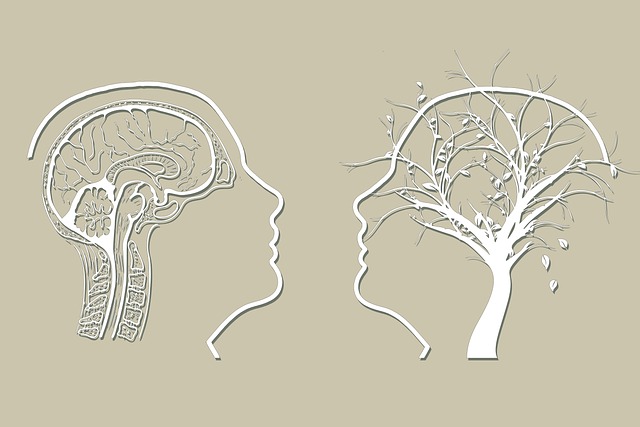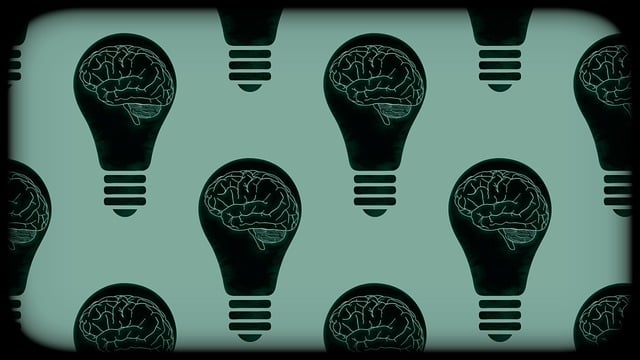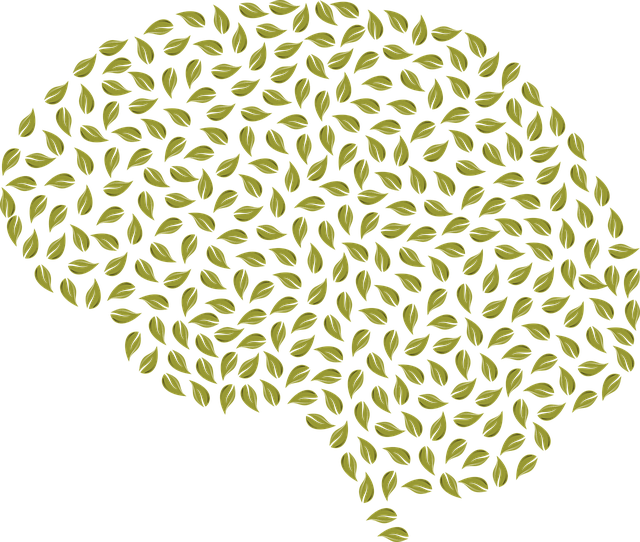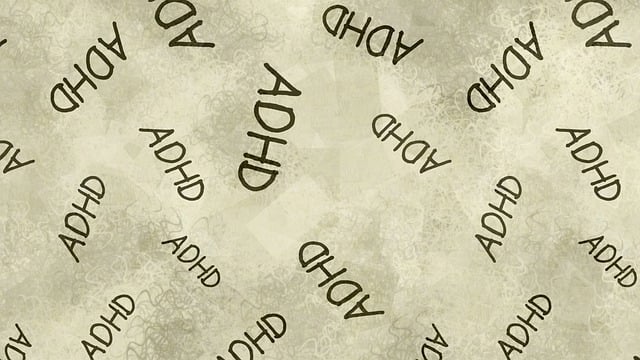Learning disabilities like dyslexia and autism don't disappear with age. Therapy for Adults Learning Disability addresses these persistent challenges, offering tailored support to enhance confidence and skills. Public awareness campaigns play a crucial role in reducing stigma, improving access to services, and fostering empathy. Effective campaigns combine storytelling, evidence-based messaging, and strategies like Mental Wellness Journaling Exercises. Measuring campaign impact through behavior changes, knowledge gain, and attitudes is essential for continuous improvement and positive mental health outcomes for adults with learning disabilities.
Public awareness campaigns play a pivotal role in shaping societal understanding of adult learning disabilities (ALD). This article delves into the multifaceted development of such initiatives, exploring key components like understanding ALD’s scope and the profound impact of public education. We dissect effective campaign strategies and highlight the importance of measurement for continuous improvement in therapy for adults with learning disabilities. By fostering empathy and knowledge, these campaigns pave the way for a more inclusive society.
- Understanding Adult Learning Disabilities: Unveiling the Scope
- The Role of Public Awareness: Why It Matters
- Crafting Effective Campaigns: Strategies and Tactics
- Measuring Impact: Evaluating Success and Continuous Improvement
Understanding Adult Learning Disabilities: Unveiling the Scope

Learning disabilities in adults are often misunderstood, with many assuming they are confined to childhood. However, the scope of these challenges extends far beyond school years. Adult learning disabilities encompass a range of difficulties, from dyslexia and dyscalculia to more complex conditions like autism spectrum disorder. These impairments can significantly impact an individual’s ability to acquire new knowledge and skills, affecting their educational pursuits, professional life, and daily activities.
Recognizing the unique needs of adults with learning disabilities is crucial. Therapy for Adults Learning Disability focuses on providing tailored support to boost confidence and develop coping skills. Techniques such as mindfulness meditation have proven effective in enhancing concentration, memory, and overall well-being. By addressing these challenges proactively, we empower individuals to lead fulfilling lives, breaking down barriers and embracing their potential.
The Role of Public Awareness: Why It Matters

Public awareness campaigns play a pivotal role in shaping societal perceptions and behaviors towards various issues, including mental health and learning disabilities. In the context of Therapy for Adults Learning Disability, such initiatives are instrumental in fostering understanding and breaking down barriers. By educating the public about the nature of learning disabilities, their impact on individuals’ lives, and the available support systems, these campaigns can significantly reduce stigma and promote inclusive practices.
The implications extend beyond improving access to services; they also contribute to Mental Illness Stigma Reduction Efforts. When people are informed about the diversity of mental health experiences, including those associated with learning disabilities, it fosters empathy and encourages early intervention. Furthermore, understanding the risks faced by individuals with learning disabilities can help healthcare professionals, through appropriate Risk Assessment for Mental Health Professionals, to provide tailored care, thereby enhancing Burnout Prevention Strategies for Healthcare Providers.
Crafting Effective Campaigns: Strategies and Tactics

Crafting effective public awareness campaigns requires a strategic approach that combines compelling storytelling with evidence-based messaging. To successfully raise awareness about therapy for adults with learning disabilities, campaign developers must first define their target audience and tailor content to address specific needs and challenges. This involves delving into research on learning disabilities, mental health awareness, and emotional regulation, ensuring the messages are both accurate and sensitive.
Utilizing various tactics such as Mental Wellness Journaling Exercises and compelling visual storytelling can help engage audiences. Sharing personal narratives, case studies, or success stories can humanize the issue and foster empathy. Additionally, leveraging social media platforms, collaborating with influencers, and integrating interactive elements like online quizzes or webinars expands reach and encourages participation. The goal is to not only inform but also inspire action, promoting a broader understanding of therapy’s benefits for adults learning disabilities and ultimately enhancing their mental health.
Measuring Impact: Evaluating Success and Continuous Improvement

Measuring the impact of public awareness campaigns is crucial to understanding their effectiveness and driving continuous improvement. This involves evaluating various outcomes, such as changes in behavior, knowledge gain, and attitudes towards specific topics like Therapy for Adults Learning Disability. By assessing these aspects, organizations can tailor future initiatives to better resonate with target audiences.
For instance, successful campaigns could lead to an increase in service utilizations or improved self-care routine development for better mental health. Emotional intelligence, a key aspect often addressed in such campaigns, might show enhanced levels of empathy and understanding within communities. These evaluations not only ensure the success of immediate campaigns but also guide long-term strategies, fostering a cycle of positive change and public awareness campaigns development.
Public awareness campaigns play a pivotal role in shaping societal understanding of adult learning disabilities. By effectively communicating the scope and impact of these conditions, such initiatives can destigmatize and empower individuals affected, encouraging access to much-needed therapy for adults with learning disabilities. Through strategic messaging, inclusive design, and data-driven evaluation, we can create a more accepting and supportive environment, fostering continuous improvement in services and outcomes for this often overlooked population.











